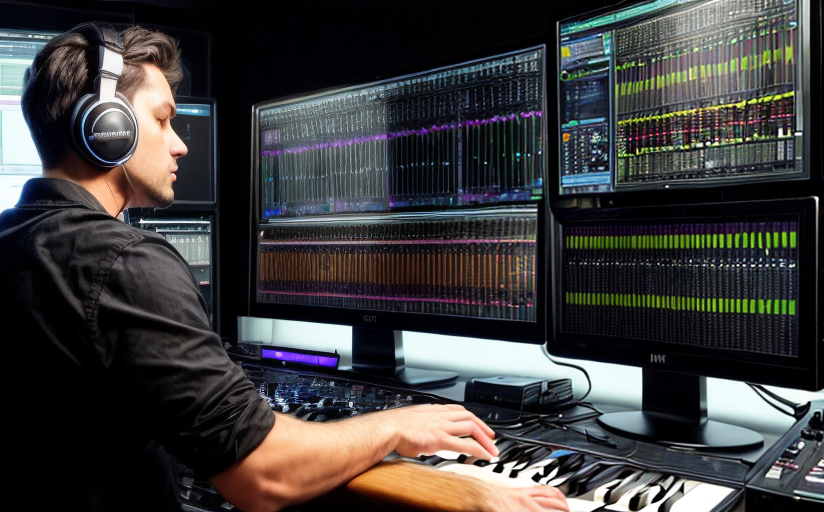The Impact of Digital Technology on Music Production and Distribution
Introduction
Digital technology has vastly transformed the music industry, specifically impacting music production and distribution. It has revolutionized the way music is created, shared, and consumed, changing the dynamics and structure of the entire industry. With this digital revolution comes a host of advantages and drawbacks that have shaped the music sector in numerous ways.
The Evolution of Music Production and Distribution
The process of music creation and distribution has evolved extensively over the years. In the past, music production required access to expensive studio equipment and the physical distribution of music involved vinyl, cassettes, and CDs. However, with the advent of digital technology, music can be created and edited on personal computers and distributed globally on digital platforms such as Spotify and Apple Music.
Advancements and Accessibility
Advancements in digital technology have made music production accessible to many more individuals. Musicians can now record and produce music from the comfort of their homes. Software such as Ableton Live, Pro Tools, and Logic Pro X have made it possible for anyone to create and produce high-quality music.
Similarly, the digital distribution of music has made it possible for music to reach a global audience. Platforms such as Spotify, SoundCloud, and YouTube have democratized music dissemination, allowing independent artists to share their music worldwide. An example is Billie Eilish, who gained fame through her uploaded songs on SoundCloud.
Cost Efficiency and Quality of Production
Digital technology has also made music production vastly more cost-effective. The high-quality digital music production software replaces expensive physical hardware. Moreover, digital distribution eliminates the costs associated with physical production and logistics.
However, while the accessibility and affordability of music production may have increased, concerns about the quality of music production have been raised. Some argue that the ubiquity of digital tools has led to a saturation of music, making it potentially more challenging for quality music to stand out.
Shift in Power Dynamics
The digital revolution has also altered the power dynamics within the music industry. It has reduced the gatekeeping role of traditional record labels, giving artists more control over their music and how it's distributed. For instance, Chance the Rapper, a three-time Grammy winner, became successful while remaining independent, releasing his music on streaming platforms.
Conclusion
The impact of digital technology on music production and distribution has been profound, reshaping the music industry at its core. While it has brought about numerous benefits in terms of accessibility and cost efficiency, it has also sparked debates about quality and the industry's structure. Regardless of these debates, it is clear that digital technology plays an integral role in today's music industry.


















Comments
Leave a Comment